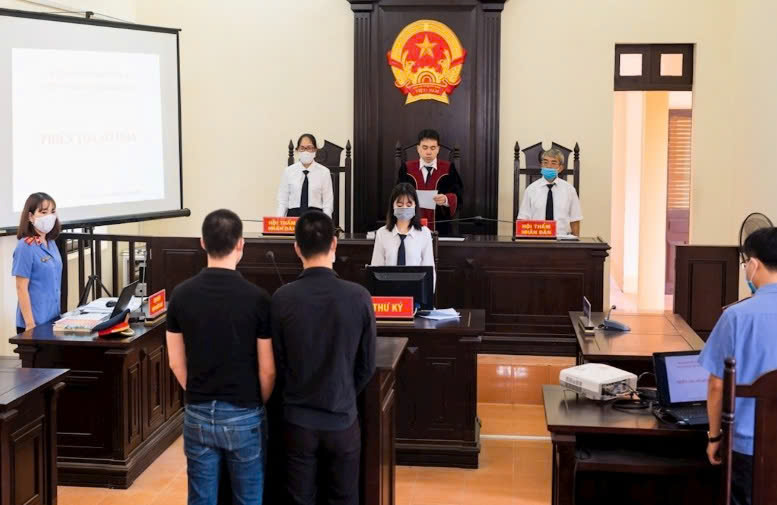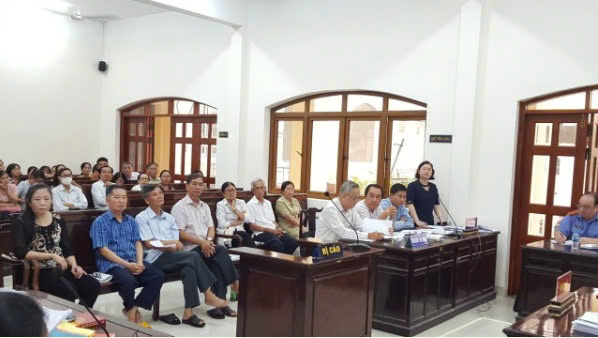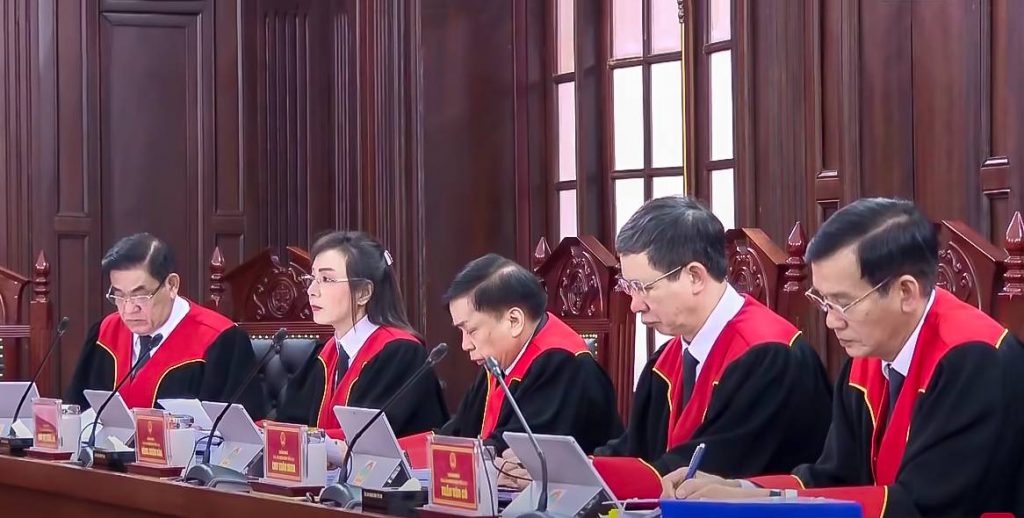Discuss the regulations on postponing the execution of prison sentences as prescribed in Article 67 of the 2015 Penal Code (2015 Penal Code), thereby pointing out some limitations, difficulties and making specific proposals and recommendations.
1. Provisions on postponement of execution of prison sentences in the 2015 Penal Code
“1. A person sentenced to imprisonment may have his/her sentence postponed in the following cases:
In case of disagreement with the postponement of the execution of the prison sentence, the Chief Justice of the Court must respond in writing to the person who submitted the request or the agency that submitted the request and notify the People's Procuracy at the same level, stating clearly the reasons for non-acceptance.
Thus, at least 07 days before the expiration of the period of suspension of execution of the prison sentence, the Chief Judge of the Court that decided to postpone the execution of the prison sentence must notify in writing of the expiration of the period of suspension and immediately send it to the person whose sentence is deferred.
Regarding the authority to postpone the execution of prison sentences: According to the provisions of Points d, đ and e, Clause 1, Article 44 of the 2015 Criminal Procedure Code: “1. The Chief Justice of the Court has the following duties and powers:... đ) Decide to postpone the execution of prison sentences....
2. Some difficulties, shortcomings and proposals, recommendations
2.1. On postponement of execution of prison sentences and temporary suspension of execution of prison sentences
“3. A person who is serving a prison sentence and falls into one of the cases specified in Clause 1 of this Article may have his/her prison sentence postponed.
The time of postponement of serving the prison sentence in this case shall not be counted towards the time of serving the prison sentence”.
This amendment and supplement ensures logic and rigor in legislative techniques. Relevant provisions in corresponding laws also need to be adjusted accordingly.
2.2. Regarding the case of a woman raising a child under 36 months old
“A woman who is pregnant or raising a child under 36 months old shall have her sentence postponed until her child is 36 months old;”
Article 13 of the 2010 Law on Adoption stipulates:
“Article 13. Prohibited acts
According to the Court Magazine












